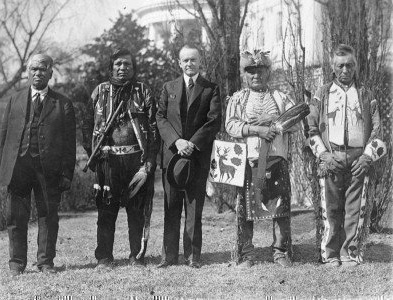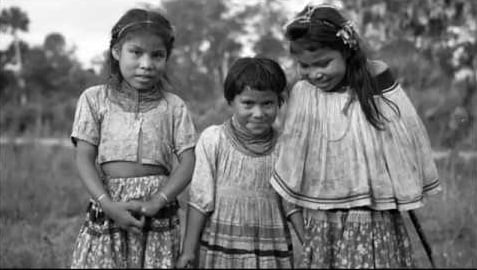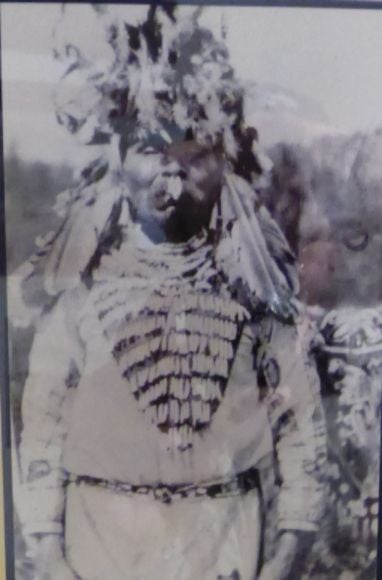The 14th Amendment and American Indians

( – promoted by navajo)
There has been a lot of talk recently by politicians, reporters, pundits, legal scholars, and others about the Fourteenth Amendment and citizenship. There is, as usual, a great lack of awareness of what this amendment has meant to American Indians.
Adopted in 1868, the Fourteenth Amendment to the Constitution states that:
“all persons born or naturalized in the United States, and subject to the jurisdiction thereof, are citizens of the United States and of the state wherein they reside.”
The Amendment was intended to give citizenship to the African-American former slaves and not to Indians. Government agencies (the Bureau of Indian Affairs, the Department of the Interior), and the courts (state, federal, and, ultimately, the Supreme Court) consistently held that the Fourteenth Amendment did not confer citizenship on Indians. Under the Constitution, and the Supreme Court’s interpretation of the Constitution, Indian tribes are classified as “domestic dependent nations,” and therefore, Indians were tribal citizenships, not American citizens.
In 1870, the Senate Judicial Committee inquired into the effect of the Fourteenth Amendment on Indian tribes. The Committee declared that the Amendment was intended to eliminate the phrase “three-fifths of all other persons” which had described slaves in the Constitution and therefore did not change the status of Indians. The Committee concluded:
“To maintain that the United States intended, by a change of its fundamental law, which was not ratified by these tribes, and to which they were neither requested nor permitted to assent, to annual treaties then existing between the United States as one party, and the Indian tribes as the other parties respectively, would be to charge upon the United States repudiation of national obligations, repudiation doubly infamous from the fact that the parties whose claims were thus annulled are too weak to enforce their just rights, and were enjoying the voluntarily assumed guardianship and protection of this Government.”
In McKay v. Campbell, the federal district court in Oregon in 1871 ruled that the Fourteenth Amendment had not made Indians citizens. In a similar ruling two years later, a Washington territorial district court ruled that Indians could not become citizens by simply severing tribal connections. According to the court, citizenship for Indians required a naturalization act by Congress. In addition, the court ruled that the Fourteenth Amendment did not apply to tribal Indians.
John Elk was a Ponca who has left the jurisdiction of his tribe and moved to Omaha, Nebraska. He owned a home, paid taxes, and was a member of the state militia. When he attempted to register to vote, he was informed that he was not a U.S. citizen even though he had been born in the U.S. and therefore could not vote.
In Elk versus Wilkins (1884) the Supreme Court considered:
http://caselaw.lp.findlaw.com/…
The question then is, whether an Indian, born a member of one of the Indian tribes within the United States, is, merely by reason of his birth within the United States, and of his afterwards voluntarily separating himself from his tribe and taking up his residence among white citizens, a citizen of the United States, within the meaning of the first section of the fourteenth amendment of the constitution.
The Court concluded that Indi¬ans were not citizens under the Fourteenth Amendment. While recog¬nizing that Indians were born in the United States in a geographi¬cal sense, they were not citizens just as children born within the United States of ambassadors or other public ministers of foreign nations were not citizens. The Court declared that citizenship must be directly bestowed upon the Indians by the United States. In other words, Indians were legal aliens in their own land.
In 1887 Congress passed the Dawes Act which allowed Indians to become citizens if they had abandoned their tribes and adopted the habits of civilized life. It was generally assumed that “civilized life” meant that they could speak English, had become Christian, and were actively engaged in farming. In 1924 and again in 1940, Congress passed legislation granted citizenship to all Indians.



